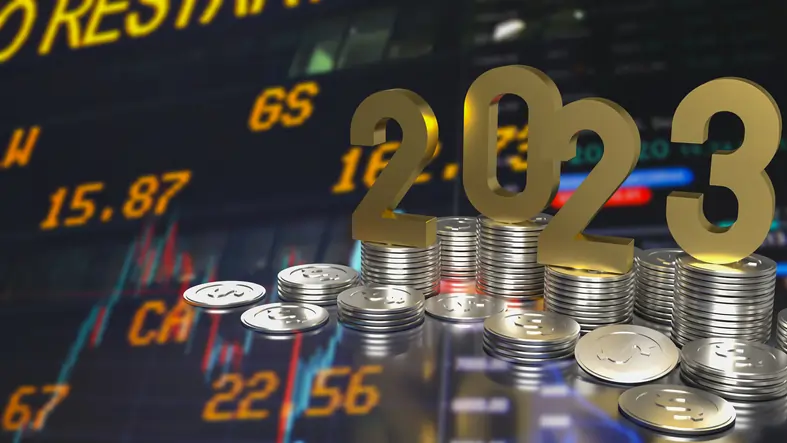
Fintech trends 2023
The financial technology (fintech) landscape is ever-evolving, with 2023 promising to be a pivotal year for innovation and transformation. In this article, we’ll delve into the cutting-edge fintech trends anticipated to shape the financial industry in 2023, exploring how these advancements are poised to revolutionize the way we manage, invest, and transact.
Blockchain beyond cryptocurrency:
The keyword “fintech trends 2023” encompasses the revolutionary advancements within the industry. One of the focal points is the increasing integration of blockchain technology beyond cryptocurrency. In 2023, blockchain is set to streamline and secure various financial processes, ranging from cross-border payments to smart contracts. As decentralized finance (DeFi) gains momentum, financial institutions are exploring ways to leverage blockchain for enhanced efficiency and transparency.
AI-powered personalization:
Personalized financial services have become a hallmark of fintech, and in 2023, artificial intelligence (AI) is set to take personalization to new heights. With advanced machine learning algorithms, fintech platforms can analyze vast amounts of user data to tailor financial recommendations, investment strategies, and even banking interfaces to individual preferences. The synergy of AI and fintech is poised to create a more user-centric and efficient financial ecosystem.
Open banking and collaboration:
As the financial landscape shifts, open banking continues to gain traction. In 2023, we anticipate a surge in collaborations between traditional financial institutions and fintech startups. Open banking fosters a more interconnected financial ecosystem, allowing third-party developers to build innovative financial products and services on top of existing banking infrastructure. This trend promotes competition, spurs innovation, and ultimately benefits consumers with a broader range of choices.
Digital currencies and central bank digital currencies (CBDCs):
The rise of digital currencies is reshaping the global monetary landscape. In 2023, central banks are increasingly exploring the issuance of their own digital currencies, known as CBDCs. These digital currencies aim to provide a secure and efficient medium of exchange, potentially transforming the traditional banking system. The integration of CBDCs into fintech platforms could streamline transactions, reduce costs, and enhance financial inclusion.
Cybersecurity in the fintech sphere:
With the increasing reliance on digital financial services, cybersecurity remains a top priority in 2023. Fintech companies are investing heavily in robust cybersecurity measures to protect sensitive user information and financial transactions. Topics such as “fintech security trends” and “cybersecurity in fintech” are crucial subtopics that emphasize the industry’s commitment to ensuring the safety and trustworthiness of digital financial solutions.
Regulatory landscape and compliance technology:
The fintech sector is subject to evolving regulatory frameworks, and compliance technology (RegTech) is playing a pivotal role in helping companies navigate these changes. Fintech trends in 2023 include a focus on innovative RegTech solutions that automate compliance processes, ensuring that financial institutions stay abreast of regulatory requirements. This not only enhances efficiency but also mitigates risks associated with non-compliance.
In conclusion, the fintech landscape in 2023 is marked by transformative trends that are reshaping the way we interact with and think about finance. From the widespread adoption of blockchain technology to the integration of AI for personalized financial experiences, the industry is at the forefront of innovation. Keeping a pulse on these trends is not only essential for industry professionals but also for consumers looking to make informed decisions in this rapidly evolving financial landscape. As we embrace the future, the synergy between technology and finance continues to pave the way for a more inclusive, efficient, and secure financial ecosystem.

